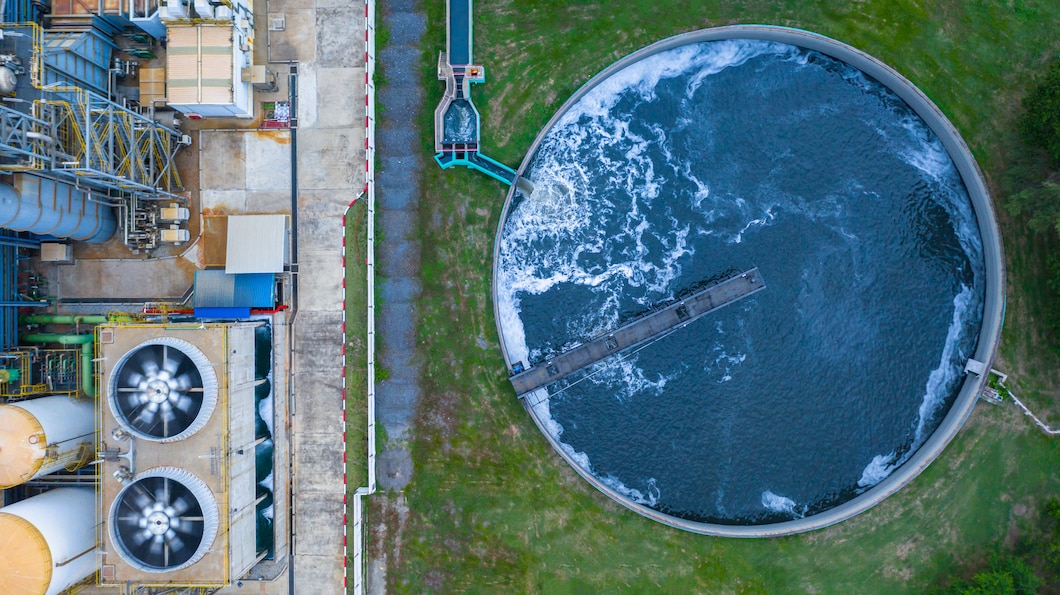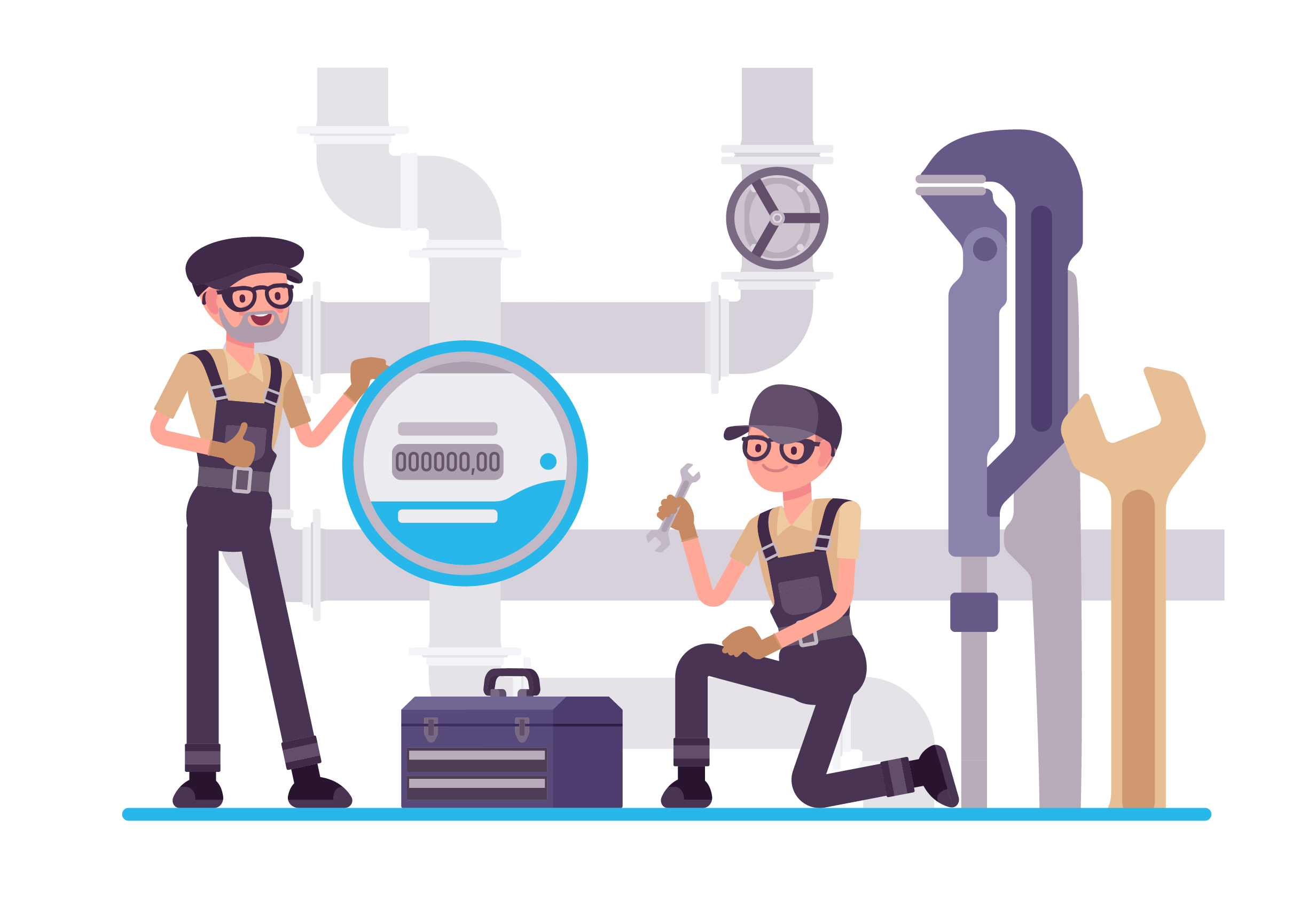Why Wastewater Treatment Is Important for Housing Societies?

The demand for water in India is expected to surpass the supply in a relatively short period of time. As a consequence of increased water consumption for personal cleanliness and use of water-consuming equipment as a result of rising standards of living, household water usage patterns and demand in particular are developing. This increasing demand will put extra strain on the aging and failing water and wastewater infrastructure, which might lead to a further decrease in the amount of mains water available per person. The country’s water resources would likely be negatively impacted by climate change and climate variability, which will pose another threat to the water sector’s resilience. In this blog, we will explore how modern Indian residential societies and homes use water, its wastage, and the importance of water treatment plants in such societies.
Domestic usage of water in housing societies and residential complexes.
Domestic usage accounts for more than 15% of all water consumption, and the majority of it is consumed by the urban regions. The two categories of buildings that may be taken into consideration in the context of urban regions in India are residential and non-residential. In residential structures, water is often utilized for bathing, cleaning dishes, and clothing, irrigating common spaces and a number of other purposes (such as cooking and drinking). The amount of water consumed in this type of structure varies significantly, and it differs from building to building based on the type, size, functions, age of construction, and class of buildings. Naturally, the usage of water in our houses is the most significant.
Impact of Water Shortage on residential areas
Today, the availability of water is a problem that affects almost all residential areas in major cities across India. Urban regions face increasing demand for their water supplies as a result of rapid population increase, urbanization, and economic development. Water is in ever-increasing demand and water shortages are becoming more common in many places as a result of water demand surpassing water supply. Major cities across India including Bangalore, Delhi, Mumbai, Pune, etc. have outgrown their local water resources. Groundwater supplies are being unsustainable and exploited, and all nearby surface water sources are being used. In order to meet the growing demand for water, more cities may eventually need to rely on farther-off water sources or inter-basin water transfers.
Managing Water Consumption & Reducing Wastage
India tops a number of international lists of infamous nations when it comes to water wastage and consumption statistics. The high baseline level of water stress earned India a 13th-place ranking on the worldwide Water Stress Index. The fact that India has a population that is three times larger than the other nations on the list is much more concerning. Therefore, government and community support for the fight against the water shortage would need to be amplified. Due to improper distribution and a shortage of fresh water, residents in metropolitan areas experience water shortages all year long, but this is especially worse during the summer. As a result, conserving water and using it wisely are the only ways to address the current water issue. So, here are some key ways in which residential people can ensure water conservation to reduce wastage:
- Using water-saving plumbing equipment
- Using insulated pipe systems and intelligent cleaning tools
- Using a dual-piping distribution system
- Utilizing high-efficiency (HE) water equipment
- Smart water-monitoring and metering equipment
- Whenever feasible, using rainwater harvesting techniques
- Constructing sewage treatment facilities for local residential complexes
- Implement greywater recycling
Incidentally, Planet Smart City has a unique proprietary water-operations management solution called Planet SIM that allows app-based remote-monitoring, operating and tracking of all water consumption in housing societies thus optimizing it’s consumption and supply.
Water Treatment Protocols and their importance
Wastewater and sewage are processed and treated in sewage treatment plants to provide a cleaner effluent that can be recycled back into the environment safely. They aid in groundwater balance restoration, illness prevention, and halting environmental deterioration and pollution.
Housing developments larger than 20,000 square meters are only permitted in major metropolises like Mumbai and Delhi if they have onsite solid waste management systems that are both operational and compliant.
In housing societies, the treated water can be used for non-potable tasks including irrigation, vehicle washing, gardening, and flushing the toilet. Cleaner water would reduce the number of people who die from water-borne illnesses and have a smaller negative impact on the environment. Also, no household would have to pay for water tankers because there would be an abundance of groundwater on large scales and reusable water at community levels.
Conclusion
All life depends on water, which is also a necessary element for all human endeavors, from residential users to agricultural and industrial processes. In today’s dynamic society, changes in water usage whether in the point of diversion, location, or kind of use as well as whether or not they are followed by changes in who owns the water rights are both essential and desirable. The topic of water conservation has barely been touched. In order for the nation as a whole to work together towards the same objective and better protect our water resources, sustainable behaviors and attitudes must be deeply ingrained.


